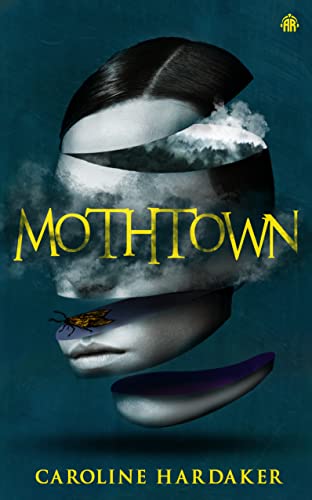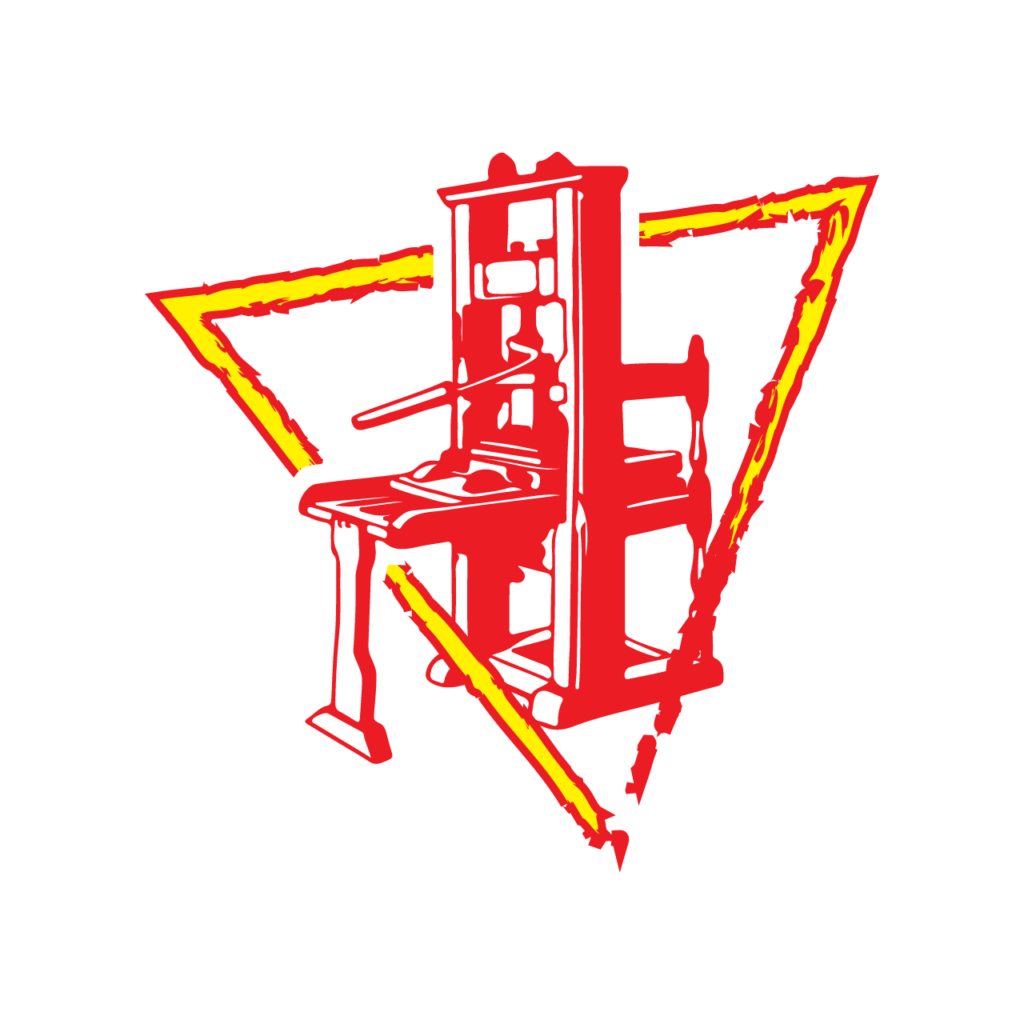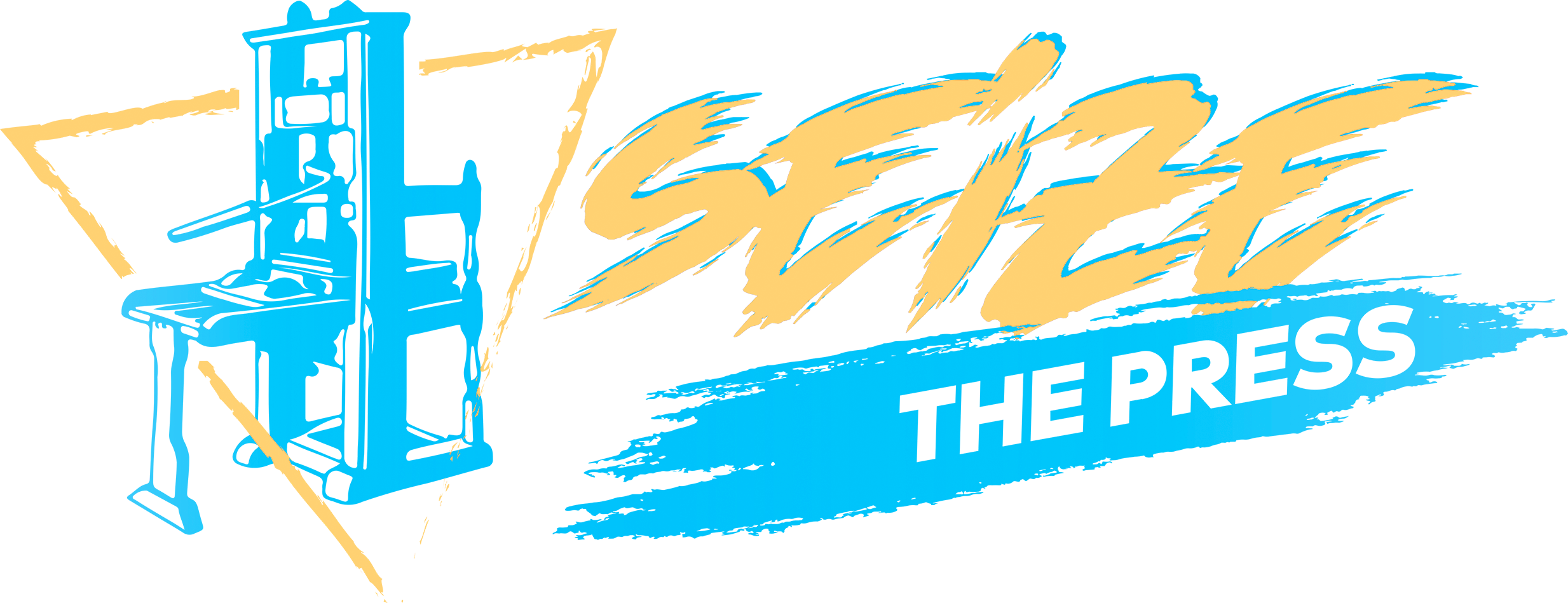England, in Caroline Hardaker’s literary horror novel Mothtown, is wracked by mysterious disappearances, victims lost without a trace, or returning “dried out like logs,” or laying “in the grass, twisted with the roots of trees.” This inexplicable phenomenon, drily referred to as “The Modern Problem,” has led to mass anomie and disconnection (unless, perhaps, the causality lies in the other direction?). In this uncanny environment, ten-year-old David Porter loses his grandad, a professor of physics, the only person who understands him, his favorite person in the world. The family insists that he’s died, but David is sure that his grandad, “too important to just not exist anymore,” has vanished somewhere out into the multiverse and is waiting for him to follow. In a parallel narrative, 26-year-old David stumbles through the rural waste of Mothtown, a valley in Scotland that he’s convinced hides a door that will finally allow him to do just that.

Death, of course, is just a different form of vanishing, and it lies at the heart of Mothtown (the valley itself is “death’s house,” David notes early on), the least explicable part of life, itself inexplicable to David start to finish. David is neurodivergent, and his narration, recounted to an unidentified interlocutor as the two timelines converge, is wonderfully unreliable. The distinction between the uncanny disappearances and the all-too-canny vanishing of death constantly shivers and shifts throughout this remarkable book as David devotes himself to understanding his grandad’s fringe academic work on multiverses, convinced that clues left in his final book Hidden Worlds, dedicated to David, will give him a path out of his miserable reality.
Genre fiction, of course, has a miserably long history with the Very Special Protagonist, driven or destined to be better and smarter than their peers. It’s easy to imagine a pale, trite version of this narrative that would have been published in decades past, where David, shocked into action by his grandad’s disappearance, channels his unique relation with the world into a life devoted to science and saves the day. Thankfully, Hardaker never even gestures in that direction. Even in David’s more aspirational moments, he’s seeking self-abnegation and escape from the layers of unreality and unsanity he finds himself trapped within, uncomfortable in his own skin, aching to leave this world for one where he’s understood and accepted: “A burst of colour in my head, red and orange and purple, and suddenly it all made sense. I wasn’t born in the wrong skin. No. I was born in the wrong world. And I needed to find my way out of it.”
Because, in addition to death, Mothtown is also a novel about being trapped (we’re all, we might acknowledge, trapped in the knowledge of our eventual death). Internally, David spends his life trapped in denial, the first stage of grief, and externally he’s trapped in a world he can’t understand and by his callous, incredulous family who can’t understand him. His father is shut down in the face of his own grief, his mother coping in increasingly odd ways, and his sister Emily leaves the family behind in a move to London. The book’s first piece of dialogue from his parents is “Bloody hell, David, you’re a hazard,” spoken as he crawls around on the floor, a distressingly common habit of his (as is their refrain “Why can’t you be normal?”). It’s immediately contrasted with his grandad’s calm sympathy: “What are you today, Bumblebee? Take me with you.” (Bug metaphors and symbolism, of course, suffuse Mothtown.) The crawling is one of the clearest physical manifestations of his neurodivergence (and/or otherworldliness), and for all that David decides it’s the world and not his skin he doesn’t belong in, it morphs into an outright physical breakdown as the book progresses, David itching, flaking, flailing, becoming unjointed (literally unhinged, you might say), and building an abject chrysalis to channel his breakdown/transformation into (there are those bugs again). It’s all wonderfully captured in Hardaker’s striking prose, rhythmic and discomfiting, as when David finds himself “running on legs that didn’t belong to me anymore. Legs I could barely feel. Legs that were too alien and too long and utterly utterly wrong.”
The adult sections of the book, particularly, are truly harrowing in their examination of isolation and loneliness, David’s physical and mental deteriorations awful to experience. This is a quiet work of horror, but it’s utterly utterly horrific nonetheless, a truly unsettling and beautiful work. I desperately wish that I had the time to reread Mothtown before writing this review. It’s that kind of book – layered and exquisitely written, prose and narrative both thoughtful and self-reflective in their devastation. The language, particularly maximally poetic at the beginning, eases up a bit as the narrative progresses, avoiding hammering the reader too much for the full length of the novel. In both registers the horror is an ever-present faint whisper, avoiding terror in favor of spinning out dread through David’s emotional state and uncanny, off-putting details about the world around him. Because of David’s character and root disconnection from the world, the narrative does feel slightly distant and bloodless at times, but this is a necessary evil for his voice, consistently blurring lines between unreliable narration and actual uncanny happenings.
Perhaps, in the end, Mothtown is a book about movement: about moving through grief, about moving to a place of belonging, about the stilling-of-movement that is death, the two inextricably linked after all. The introduction to Hidden Worlds, the grandad’s book that David is convinced is the key to everything, says that “Many miles must be walked in order to understand the cosmos. And in understanding the cosmos we can finally understand ourselves and our true natures. Who we truly are and where we belong. For our universe is a game with movable pieces. We are not designed to stay in one spot. We are made to explore and find the place we can truly call home.” Mothtown is a book that resists trite readings or easy answers, wonderfully unsettling both the reader’s sense of the world we call home and the utility of a search for escapism. Uneasy and unbelonging as we may be, do we run headlong away from The Modern Problem, or do we stare into death and be still?

Zachary Gillan
Zachary Gillan is a critic residing in Durham, North Carolina. He blogs infrequently at doomsdayer.wordpress.com and tweets somewhat more frequently at @robop_style. His reviews have appeared in Strange Horizons and Ancillary Review of Books, where he’s also an editor.
